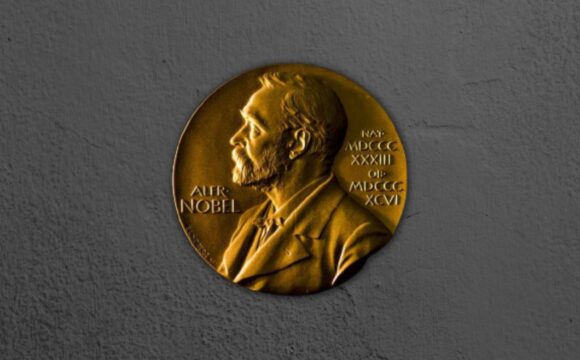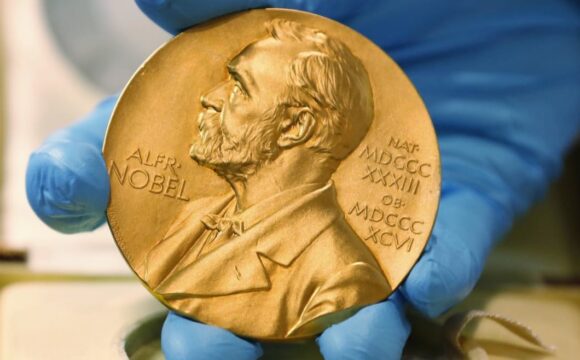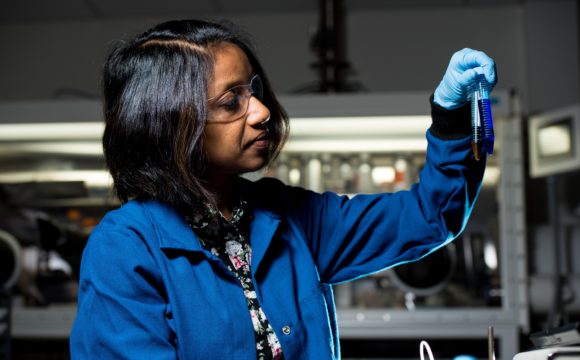The Covid-19 pandemic has brought the entire world to its knees. With the over four lakh deaths and several million infected cases, governments across the globe have been forced to take extreme measures to curb the transmission. Since there is no vaccine or definitive cure for the disease, the only precautionary measure available to us is to practice social distancing, a term which will probably define the year of 2020. To effectively impose social distancing, governing bodies have imposed nation-wide lockdowns, which have changed how we conduct our daily lives.
The long series of lockdowns has had a big impact on research. Even on a normal day, I wouldn’t be exaggerating when I say that research is a slow-progressing field. It takes years of reading, understanding, hypothesizing, and experimentation. With the current necessity to shift the professional sphere from offices to home-based work, laboratory work has taken a huge hit. With research scholars having had no access to their laboratories in the past 2-3 months, research has almost come to a standstill.
A friend of mine, working as a research assistant in a laboratory based in Florida, USA, says that laboratories had begun to shut down their research operations by the first week of March 2020. Since most of her work relies heavily on the use of laboratory space and equipment, carrying on routine research has become impossible. Barring attending to emergency cases, she now barely visits her laboratory. She also says that there is a great deal of uncertainty about restarting routine research operations.
Closer to home, a Junior Research Fellow at a University in Telangana, recounts that when the nation announced its first lockdown on 23rd March 2020, she was asked to go back home as the laboratory was to remain shut for an undecided period. While this step was necessary to ensure the safety of all the laboratory members, she says that currently, almost two months since, she has received no intimation from the University or the funding body regarding the tenure of the project nor has she received her salary. This story brings into the limelight the sad state of funding received by such projects. The current state of lockdown and uncertainty has left a lot of project fellows wondering where their next pay-check is going to come from.
I personally resonate with this story because the project that I was working under at Bengaluru was also terminated just before the lockdown 1.0 was announced. I tried to use the lockdown as an opportunity to explore new fields of research. But unfortunately, there were very few institutions willing to hire new research fellows in this time of crisis. And regarding the few who were hiring, I couldn’t help but be skeptical – will they be able to fund my work? How am I going to travel to the laboratory? Is the work-environment going to be safe?
I think it is quite safe to say that it is going to take a lot of effort to make up for the time lost these last two months. But then again, one of the primary things research teaches us is to work around obstacles placed in front of us. As the lockdowns across the globe have begun to slowly lift-off, laboratories have started to pick up the pieces and get back on their feet. A Research Fellow working at the Centre for Chemical Biology and Therapeutics, InStem, Bengaluru, says that due to the lockdown, all her laboratory could manage in the last few months was to perform routine weekly maintenance work. But she believes that laboratory work will resume soon but will not be the same as before. She explains that her institute has released several new rules and regulations to ensure the safety of the people working in the lab. This includes restricting the number of people working in the laboratory at a time to four, more frequent cleaning and sanitization of workbenches, high-contact surfaces, etc.
The Covid-19 pandemic has changed our perception of “normal”. In the research sphere, things are going to undergo massive changes. But we must learn to adapt. At the end of the day, research is the need of the hour. Research will help us develop a better understanding of life sciences, diseases, and possible cures. Most importantly, research is our only hope and tool which could help us protect the world from a situation like this in the future.
– Ms. Anisha, Author at Biomall Blog










